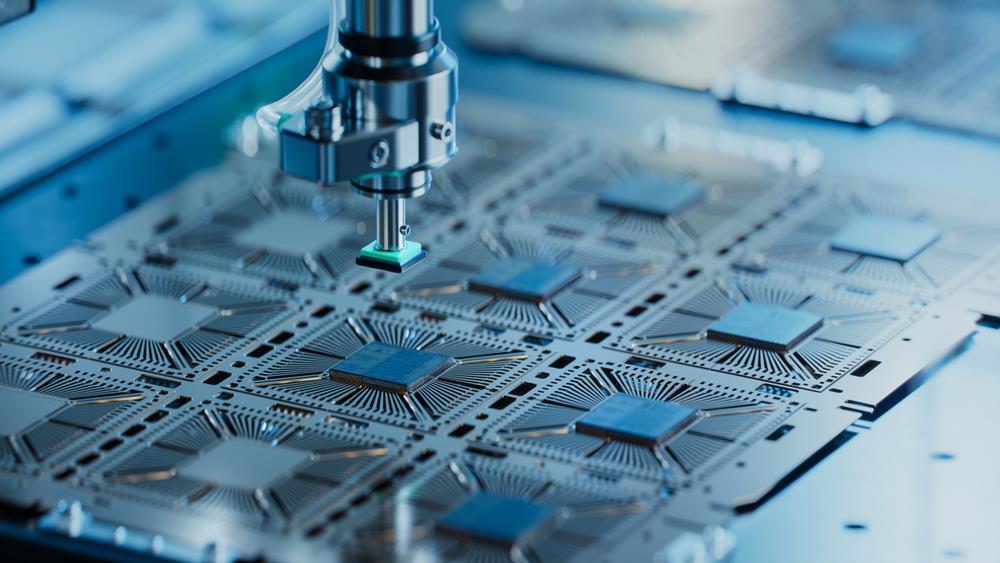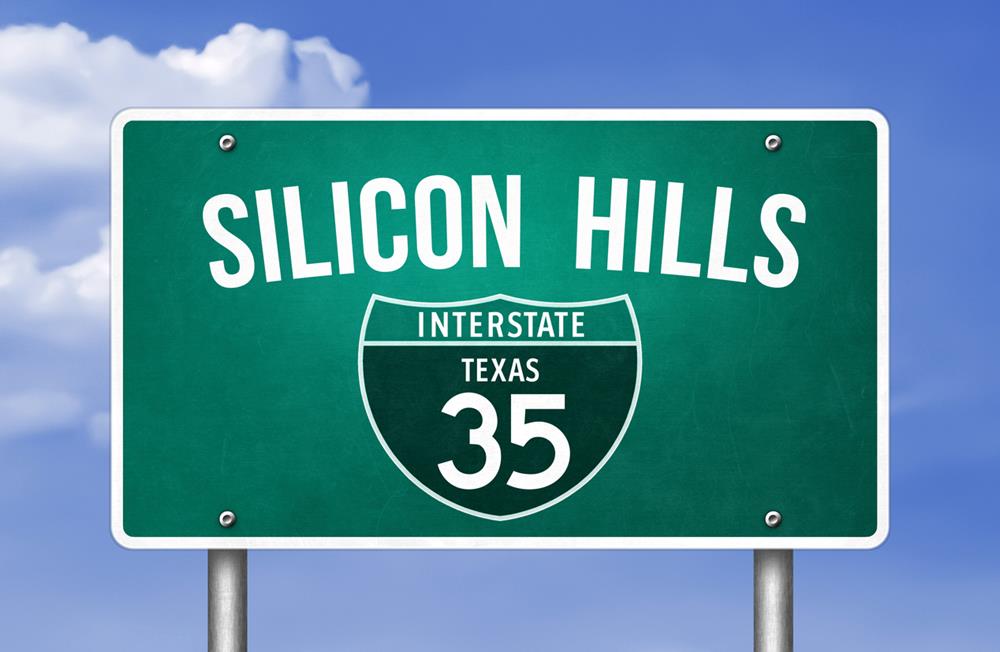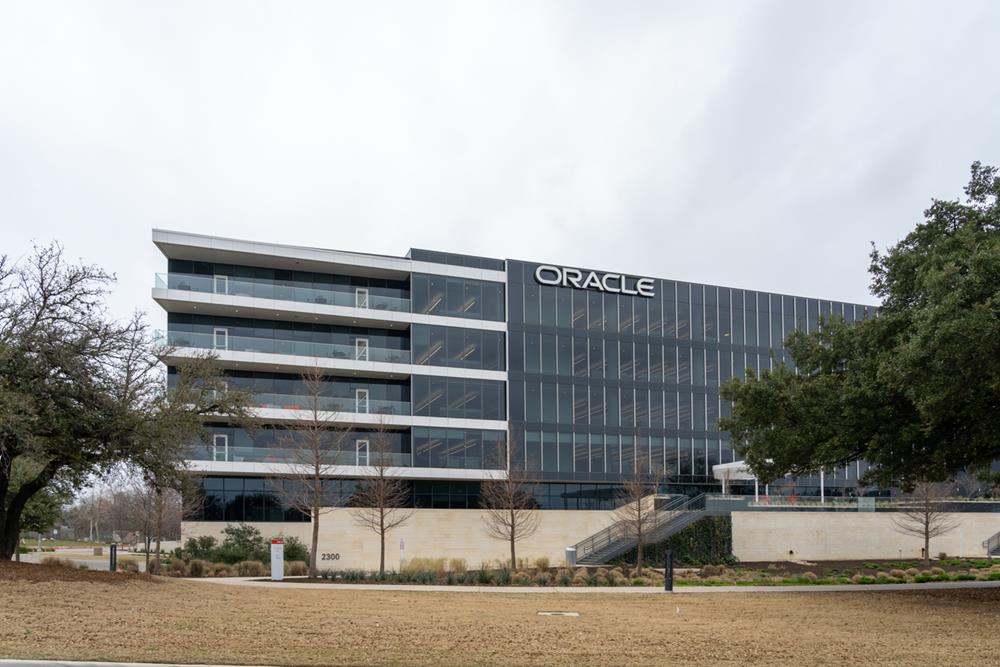Over the years, Austin has transformed from a quiet college town to one of the hottest tech hubs in the country. The city’s journey is nothing short of fascinating. Over the past few decades, Austin’s tech industry has grown by leaps and bounds, attracting major companies, startups, and talented professionals from all over the world.
From the arrival of tech giants like IBM and Dell to the recent expansions of Apple and Tesla, Austin’s tech scene has become a powerhouse of innovation and economic growth. This article’ll explore how the tech industry has grown in this dynamic city.
Historical Overview of Tech in Austin

Early Beginnings
Austin’s tech industry was budding in the 1960s when major companies like IBM and Texas Instruments established operations in the city. They were attracted by the University of Texas at Austin, which provided a strong talent pool and research support. This laid the foundation for Austin’s transformation into a tech hub.
Foundations and the ‘Dell Effect’
In the 1980s, George Kozmetsky, an entrepreneur and visionary, played a key role in shaping Austin’s tech ecosystem by creating several tech-focused initiatives and institutions.
However, the most significant impact came from Michael Dell, who founded Dell Technologies in 1984. Starting from his dorm room at the University of Texas, Dell quickly grew his company, attracting more tech talent and investment to the city. This rapid growth, known as the ‘Dell Effect,’ was crucial in establishing Austin as a major tech hub.
Rise of Silicon Hills
By the 1990s, Austin earned the nickname ‘Silicon Hills’ due to the rapid expansion of its tech sector. Companies like AMD, Motorola, Apple, Oracle, and IBM set up operations, further boosting the local tech industry.
In 1988, the establishment of Sematech, a semiconductor manufacturing consortium, brought together major semiconductor companies and research institutions, significantly boosting local innovation. During this time, the rise of tech startups began, and it laid the groundwork for Austin’s reputation as a hotspot for new tech ventures. Entrepreneurs were drawn to the city’s supportive ecosystem, affordable living costs, and high quality of life.
Tech Innovation and Development Focus in Austin

Austin’s tech industry has grown significantly due to its strong foundation in the semiconductor sector, leadership in AI, cybersecurity, and energy, and a commitment to research and education led by institutions like the University of Texas at Austin.
The semiconductor industry was crucial in establishing Austin as a tech hub. IBM was one of the first to set up operations in Austin, followed by Advanced Micro Devices (AMD) and Texas Instruments (TI). These companies promoted further development and innovation in semiconductor technologies.
Today, companies like Silicon Labs lead in designing essential chips for modern electronics. This growth has brought expertise in manufacturing, engineering, and research, making Austin a key location for semiconductor production.
Other leading tech industries in Austin include:
- Artificial Intelligence (AI): Austin is a leader in AI, with a strong talent pool and robust venture capital support. Numerous startups and established companies focus on machine learning and automation technologies.
- Cybersecurity: Companies like Forcepoint and SailPoint Technologies are key players in Austin’s cybersecurity sector. They provide solutions that protect data and networks for businesses worldwide, attracting a skilled workforce in cybersecurity protocols and strategies.
- Energy: Austin is also a center for energy innovation. Tesla and Oracle are investing in sustainable tech solutions, while local startups focus on energy efficiency and storage. Innovations in renewable energy and smart grid technologies drive this sector.
Key Players in Austin’s Tech Landscape
A mix of major corporations and innovative startups fuels Austin’s tech industry. Visionary CEOs and entrepreneurs also play a significant role in driving growth. Here’s a look at the key companies and individuals shaping Austin’s tech scene.
Major Tech Companies and Startups
- Dell Technologies: Headquartered in nearby Round Rock, Dell has been a major player in Austin’s tech industry since 1984.
- Apple: Apple has expanded its presence in Austin with two campuses, the second of which started building in 2019. Both campuses are currently under ongoing expansion, which was expected to be completed by March 2025.
- Google and IBM: Both companies have substantial offices in Austin, contributing significantly to the local tech ecosystem. IBM, in particular, is one of the oldest tech companies in Austin, having been established in the 1960s.
- Tesla: Tesla expanded its manufacturing in Austin with Gigafactory Texas, an auto manufacturing facility that reached a run rate of 3,000 units per week.
- Oracle: Oracle moved its headquarters to Austin in 2020, underscoring the city’s business-friendly environment.
- Samsung: Samsung has made significant investments in semiconductor manufacturing in Austin since 1996.
- Bumble: The dating app Bumble, which went public with a significant IPO in 2021, is headquartered in Austin. The company exemplifies the successful local startup scene in the city.
- Amazon: Amazon has a growing presence in Austin, including a significant tech hub focused on cloud computing and AI.
- Facebook: Facebook has expanded its operations in Austin, employing thousands of tech professionals.
- Silicon Labs: Specializing in semiconductor technology, Silicon Labs is a key player in Austin’s tech landscape.
Influential CEOs and Entrepreneurs
- Elon Musk: The CEO of Tesla has brought high-profile operations to Austin, enhancing its global reputation.
- Joe Lonsdale: Co-founder of Palantir, Lonsdale supports numerous ventures, making Austin a hotspot for entrepreneurship.
- Jim Breyer: A prominent venture capitalist, Breyer has invested in several promising startups, fostering growth and innovation.
- Michael Dell: Founder and CEO of Dell Technologies, Michael Dell has been instrumental in shaping Austin’s tech industry from the early days.
- Whitney Wolfe Herd: Founder and CEO of Bumble, Whitney Wolfe Herd has played a crucial role in Austin’s startup ecosystem.
- Joshua Baer: Founder of Capital Factory, Joshua Baer has been a key figure in supporting and mentoring startups in Austin.
- Heather Brunner: CEO of WP Engine, Heather Brunner has led the company to become a major player in the web hosting and WordPress solutions space.
- Joel Trammell: Founder of multiple tech companies and a prominent entrepreneur in Austin’s tech scene.
These leaders bring their companies to Austin and attract top talent, shaping the industry and encouraging new businesses to set roots in the city.
Economic Impact on Austin

Austin’s tech industry has significantly boosted the local job market, GDP, and average salaries, making it a leading tech hub in the U.S.
Job Creation and Employment Rates
In 2022, Austin’s tech sector accounted for 24% of all jobs, with a growth rate of 3.5% in 2020, creating thousands of new positions. This expansion has made Austin a popular destination for tech professionals. The city’s population grew by 36% from 2010 to 2021, five times faster than the national average, indicating a robust job market.
Contribution to Austin’s GDP
The tech industry plays a crucial role in Austin’s economy. In 2022, the high-tech industry generated $47 billion in economic activity, which is 26% of the Austin metro’s GDP. Both large tech companies and startups have driven this economic growth, supporting the local economy and contributing to global tech advancements.
Average Annual Salary Trends
The growth of the tech sector has led to higher salaries in the Austin area. The average annual salary for tech jobs in Austin was $125,000 in 2021, significantly above the national average. This makes the city attractive for new graduates and experienced professionals seeking lucrative career opportunities. The increase in tech salaries also benefits other parts of Austin’s economy, including the housing and retail sectors.
Trends Affecting the Tech Industry in Austin
The tech industry in Austin has seen significant growth influenced by shifts in work culture, global events, and efforts toward inclusivity. These trends have uniquely shaped the industry and contributed to its development.
Shift to Remote Work and Its Impact
The rise of remote work has drawn many tech professionals to Austin because of its appealing quality of life and lower cost of living compared to places like Silicon Valley. Companies have adapted by offering flexible work options, making hiring talent from across the country easier. This shift has allowed businesses to diversify their workforce geographically and has led to reduced demand for office space, resulting in changes in the real estate market.
Response to Global Events and the Pandemic
The COVID-19 pandemic significantly impacted Austin’s tech industry. While other industries faced downturns, tech jobs in Austin grew by 3.5% in 2020, even as the overall job market shrank by 2.9%. Austin’s tech companies quickly adapted by adopting remote work and digital solutions, maintaining operations, and positioning the city as a resilient tech hub. The pandemic also highlighted the importance of tech solutions in daily life, driving further demand and innovation within the industry.
Promoting Diversity and Inclusion
Efforts to promote diversity and inclusion are central to Austin’s tech industry growth. Companies prioritize diverse hiring practices and inclusive workplace cultures. Organizations collaborate with local educational institutions and community groups to create pathways for underrepresented groups to enter the tech field. Inclusivity enhances creativity and problem-solving abilities within teams, making it a vital component for continued success and innovation in Austin’s tech sector.
Conclusion
Austin has truly transformed into a leading tech hub over the years. From the early days of IBM and Texas Instruments setting up shop to the massive influence of Dell, and now with major players like Apple, Tesla, and Oracle calling Austin home – the city’s tech landscape has grown remarkably. This growth has boosted the local economy, created thousands of jobs, and turned Austin into a hotspot for innovation and entrepreneurship.



